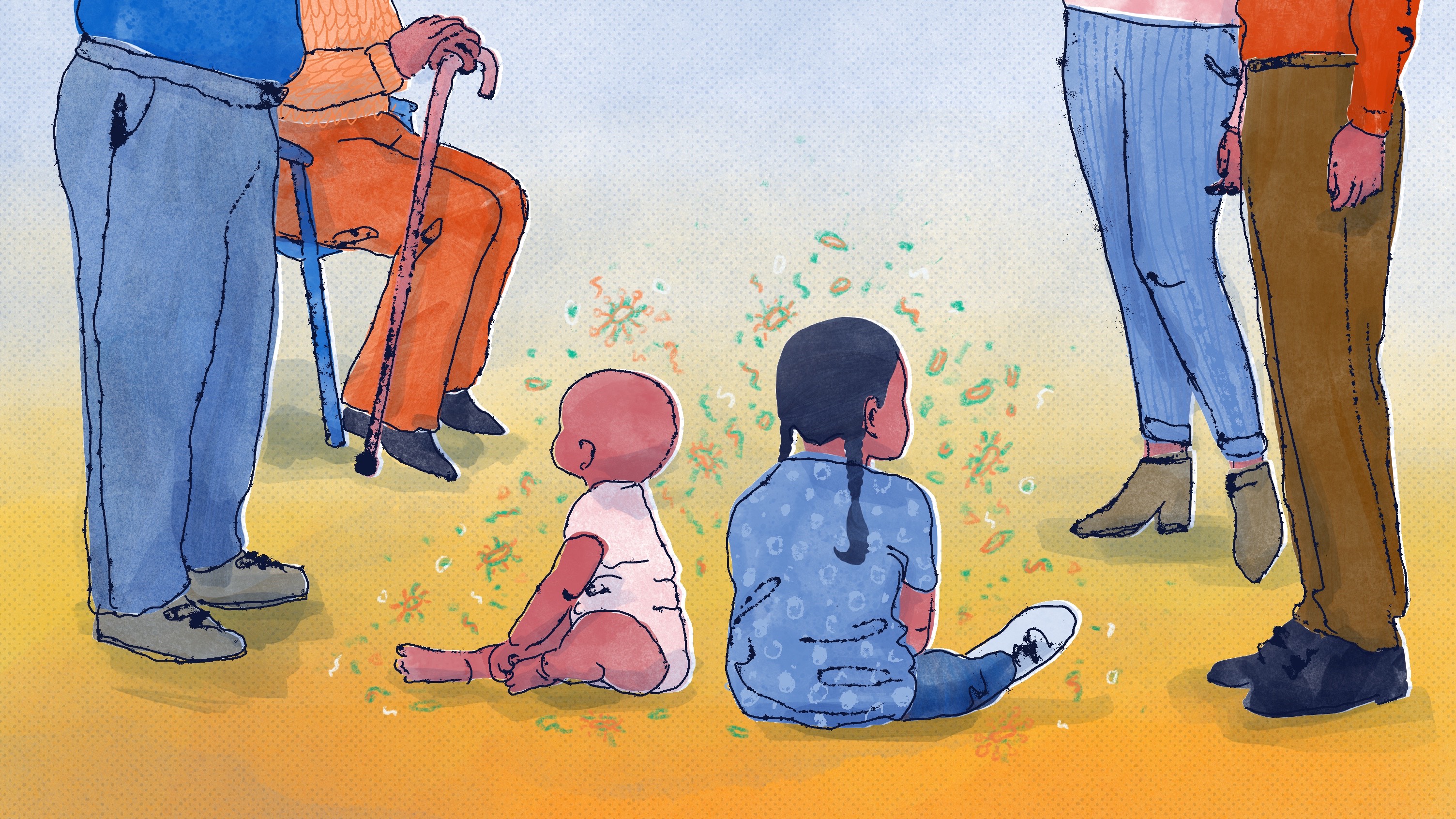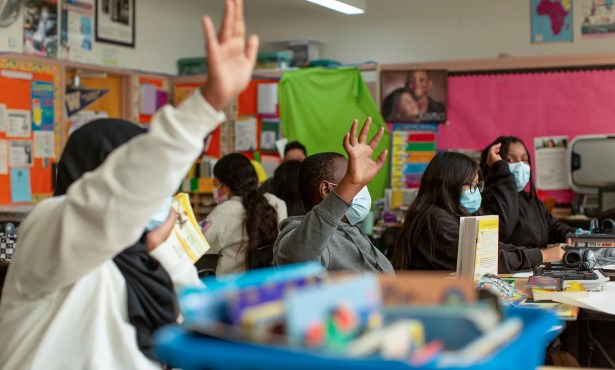Santa Barbara Child Abuse Spikes Amid Coronavirus Lockdown
CALM Offers Services and Resources to Keep Kids Safe at Home

On Wednesday, March 25, police arrested a Santa Barbara man for “willful cruelty to a child.” On Thursday, March 26, a young Santa Maria mother was charged with alcohol offenses and child abuse. On Friday, March 27, a fight between a Goleta couple spilled onto their daughter.
As the coronavirus lockdown keeps families confined to their homes, where worries over money and anxiety about the future can explode, Santa Barbara authorities are seeing a spike in domestic violence. “For the most vulnerable people in our community, shelter-in-place is the same as putting them in a cage with a violent gorilla,” said District Attorney Joyce Dudley in a public statement.
Some saw it coming. “We anticipated this,” said Alana Walczak, the director of CALM, Child Abuse Listening Mediation. “We know that child abuse and domestic violence are directly connected to stress.” During the 2008 recession, Walczak explained, the leading cause of unnatural death in some children’s hospitals went from car accidents to abusive head trauma.
While more families are reaching out for help themselves —10 from Santa Barbara proper and 16 from North County communities in the first few days of this week —outside reports of child abuse have actually decreased, Walczak said. That’s because kids aren’t in school and mandated reporters like teachers aren’t able to spot the signs of trouble.
And that’s why it’s incumbent on all of us, Walczak said, to be checking in with friends and neighbors. To offer compassion and support when we can and make the hard calls when we need to. “Children living on our block may be suffering in silence,” she said. “If we see or hear something, we need to be proactive. Even within our own families.”
In times of trauma, Walczak went on, adults often think about the “what ifs.” Children, on the other hand, continue to live in the moment and thrive on routine. So focus on the here and now, she advised. “Avoid anticipatory anxiety.” Turn off the news and put down your phone. “What kids will remember is what their day-to-day existence was like. It was weird —they were trapped inside, not in school —but we want them to remember board games and walks and tickle fights, not stress and violence.”
It’s also important to know in these strange and difficult times that it’s okay to feel a range of emotions, Walczak said. It’s okay to laugh. She had to remind herself of that after the 1/9 Debris Flow when she’d feel guilty about moments of happiness. “Kids’ processing is through play and imaging,” she explained. “So you have to find a way to be light and lighthearted. I had to do that as a mom. Give kids space to be kids.”
CALM staff are working remotely but still offering their full range of services via telehealth technology, which has even had some unexpected benefits. One of their clients, for instance, a young girl with select mutism who would only speak to her family at home, is now opening up to her therapist over video chat.
Refer or request services by visiting calm4kids.org or calling (805) 965-2376. CALM’s website is also full of resources on COVID-19, including ways to talk to your young ones about it. If you need to report incidents of abuse, contact Child Welfare Services at 1 (800) 367-0166.
At the Santa Barbara Independent, our staff continues to cover every aspect of the COVID-19 pandemic. Support the important work we do by making a


